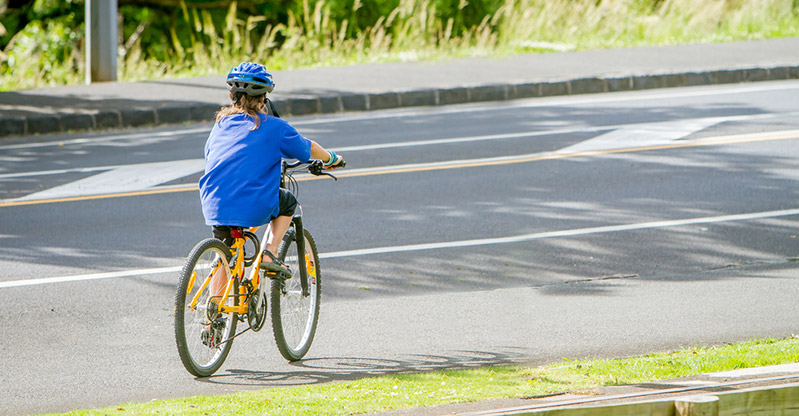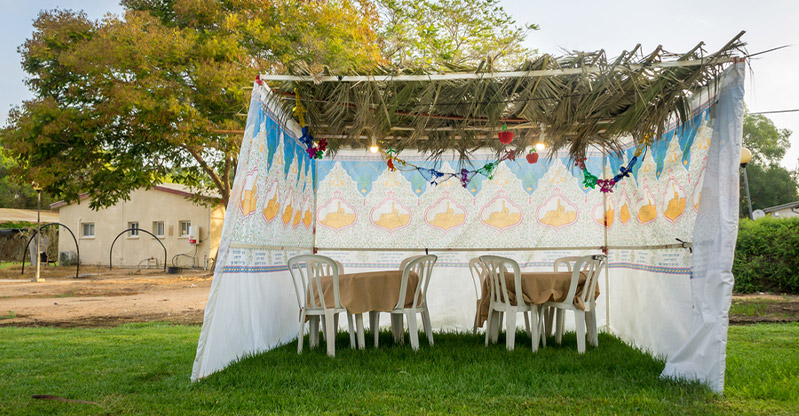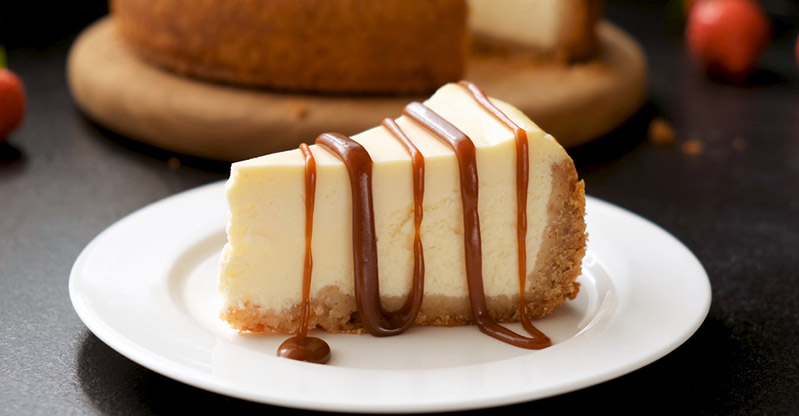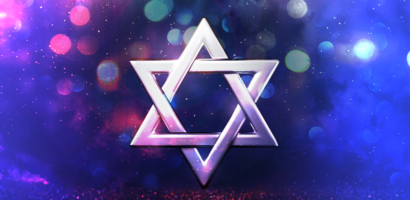When was the last time you spent a Jewish holiday in Israel? Have you ever had the chance to be in Tel Aviv during Yom Kippur? If you haven’t, we will paint a picture that will inspire your next trip.
In this article, we will discuss three of the main Jewish holidays from an Israeli perspective. How do people in Israel celebrate them, some local traditions, and some very cool facts you might not have heard about before.
The traditions described here might be very different from the ones you’ve observed in Jewish communities outside of Israel. What is done in Israel isn’t far from the essential value of these holidays, but it is a phenomenal way to signify them to make these essential values more relevant to the current Israeli society.
Remember that there are many different types of Israelis, and those who are part of the Jewish people, need different ways to connect with whatever concept of divinity they have or not. That being said, the way Israel celebrates the holidays will for sure surprise you… there is no doubt about it.
Highways full of tricycles: Israeli customs to celebrate Jewish holidays
Open your mind. Let’s understand that each person is allowed to celebrate the Jewish holidays in any way they want while connecting these traditions and celebrations to the essential values of the specific chagim (holidays). There isn’t one only way to do things, and Israel demonstrates that every single year.
We are not saying that you won’t see people in Tel Aviv or Ramat Gan dressing white and praying while fasting during Yom Kippur. However, you will witness a few other Israeli traditions that might be both shocking and surprising.
Are you ready to learn some of them? Here we go!
Subscribe to our newsletter
Learn Hebrew slang, take a virtual tour across Israel, discover the best local food and so much more
Yom Kippur: Bicycles and kids all over the freeway!
If you feel that sitting in a traffic jam on your way to the Kol Nidrei service during Yom Kippur is a bummer, you are right! In Israel, this would never happen to you. Almost all streets in Israel are closed for cars from the beginning of Yom Kippur until the holiday ends.
Once in a while, you will hear an ambulance, but no cars are allowed in the street on that day of reflection and divine judgment. Now, want to hear the cool part of this?
For many years now, kids take their bicycles, tricycles and toys and go play in the middle of the street. It is very common to see full families riding in the freeways and kids having lots of fun while playing in a place that normally would be dangerous.
No public transportation, no cars, no buses, no trucks. The streets are empty and fully available for the youngest members of the family to have fun. It is very common to see groups of adults taking foldable chairs and sitting right in the middle of the road in order to keep an eye on their little ones.
Of course, all Israeli synagogues are full, but most people are not inside the ‘shul’, but rather outside taking advantage of car-free roads.

Sukkot: A parking lot with hundreds of foldable sukkot
There are numerous Halachic laws to establish how a sukkah should look like, and where it should be situated. In Israel, during this beautiful holiday that reminds us of the value of humbleness, among others, you’ll be able to see tons of sukkot all over your city or town.
Usually, it’s very difficult to find parking in Tel Aviv. For this reason, many parking lots have sprung up over the years. It is in these parking lots where people set up their foldable sukkot. These are easy found for purchase in almost every convenience store during the weeks before the chag.
If you happen to live close to a park, you’ll also witness hundreds of families building their own sukkah in the middle of it. And don’t you worry, if you haven’t had the chance to eat inside a sukkah that year, someone will for sure invite you to join them in theirs.
Fun fact: The biggest sukkah in the world is built every year in the Port of Tel Aviv by the community “Beit Tefilah Israeli”, it has a capacity for hundreds of people and it stays there until after Simchat Torah. From within that sukkah, you can see one of the most breathtaking sunsets of your entire life!

Shavuot: Would you like a piece of cheesecake?
Jewish people love food! The holiday, Shavuot, commemorates the revelation of the Torah. During this holiday communities stay up all night studying, philosophizing and analyzing different aspects of the Bible. Shavuot has become synonymous with eating cheese. Families all over the country gather together to celebrate the chag while eating different kinds of dairy dishes. The specialty in countless houses is cheesecake. Yes. Cheesecake.
If you want to celebrate the revelation of the Torah while eating pasta with lots of cheese, and having one of the most delicious cheesecakes you’ve ever tried… wait until Shavuot arrives.

Hebrew is just around the corner. Come celebrate the Holidays in Israel!
Do you want to visit Israel and experience how it feels to celebrate the Jewish holidays in this way? Learn some Hebrew! Learning Hebrew in one of the live, online Hebrew courses offered by the Rosen School of Hebrew will enable you to master the language of our matriarchs and patriarchs in no time.
If you like to come to Israel and smoothly join one of the dances in the street for Simchat Torah, or one of the public candle-lighting ceremonies for Hanukkah, learning Hebrew should be your first step.
Come on, let’s celebrate together. What are you waiting for?












 Available on WhatsApp
Available on WhatsApp
Join the conversation (No comments yet)